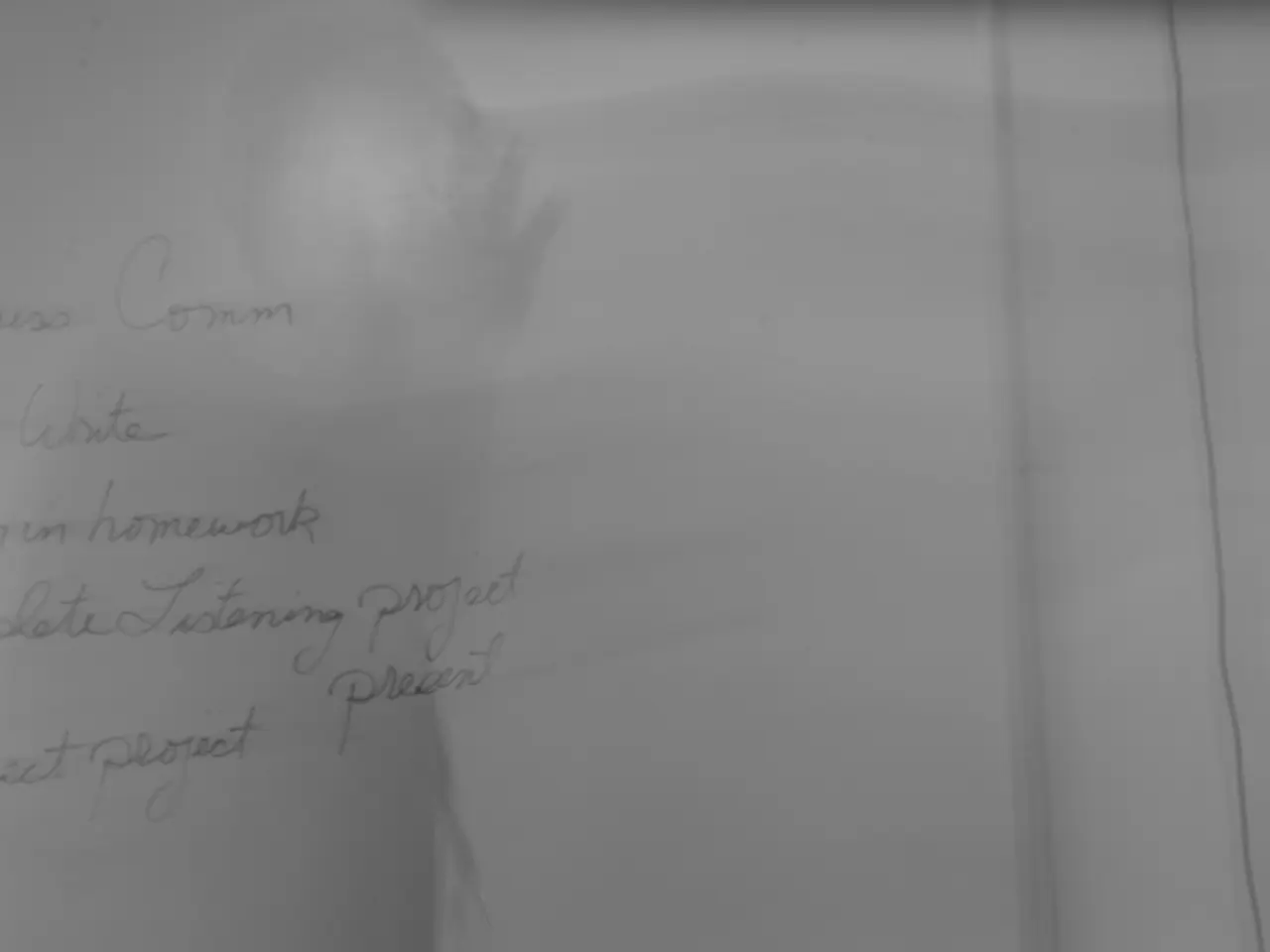Baffling Ruling in Mold Insurance Case
In a significant decision that has added complexity to mold insurance law in America, the Texas Court of Appeals has ruled in favor of 23 governmental employees who suffered bodily injury from exposure to toxic mold during their construction employment. The case in question is titled In re: Liquidation of Legion Indemnity Company.
The claimants seek to collect their judgment from an insurance company under a comprehensive general liability policy issued by Legion Indemnity Company, which had been placed in liquidation prior to the claims for judgment being entered. The Director of Insurance in the State of Illinois was acting as liquidator for Legion Indemnity Company.
The insurance policy in question does not cover losses arising from contamination of the environment by a pollutant. The policy defines "contaminant" as any unclean, unsafe, damaging, injurious or unhealthful condition arising out of the presence of any pollutant. It also defines "health hazard" as any chemical, alkaline, radioactive material or other irritants or any pollutant or other substance, product or waste product, where the fumes or other discharges or effects therefrom, whether liquid, gas or solid or gaseous are determined to be toxic or harmful to the health of any person, plant or animal.
However, the policy does not cover losses on account of a single, continuous or intermittent or repeated exposure to any health hazard. Moreover, the broad exclusions that explicitly list fungi and bacteria apply to any species or amount of those contaminants, in theory.
The Court held that the alleged intent to exclude mold-related claims was not clearly stated in the exclusion. The Texas Court of Appeals distinguished the cases Lexington Insurance Company v. Unity/Waterford-Fair Oaks, Ltd. and American Equity Insurance Company v. Castle Maine Farms, Inc. The terms "mold," "fungi" or any similar wording are not listed in the exclusion nor in the definition of relevant terms in the policy.
The Court also examined the Hirschhorn v. Auto-Owners Insurance Company decision, where the court determined that bat guano was a pollutant under a pollution exclusion. Courts may be wary of imposing an exclusion for such a common condition as mold, suggesting that if an exclusion to a CGL policy specifically mentions mold or bacteria, coverage for the costs of repairing mold damage or claims by individuals that mold has adversely affected their health may be denied.
The Texas Court of Appeals found that the insurance company's broad policy to exclude mold from coverage does not hold water, and the claimants' judgment should be honored. The ruling brings clarity to mold insurance coverage in America and highlights the obligations to cover such damages under certain conditions. Specific case names, however, are not detailed in the provided search results.
Read also:
- United States tariffs pose a threat to India, necessitating the recruitment of adept negotiators or strategists, similar to those who had influenced Trump's decisions.
- Weekly happenings in the German Federal Parliament (Bundestag)
- Southwest region's most popular posts, accompanied by an inquiry:
- Discussion between Putin and Trump in Alaska could potentially overshadow Ukraine's concerns




